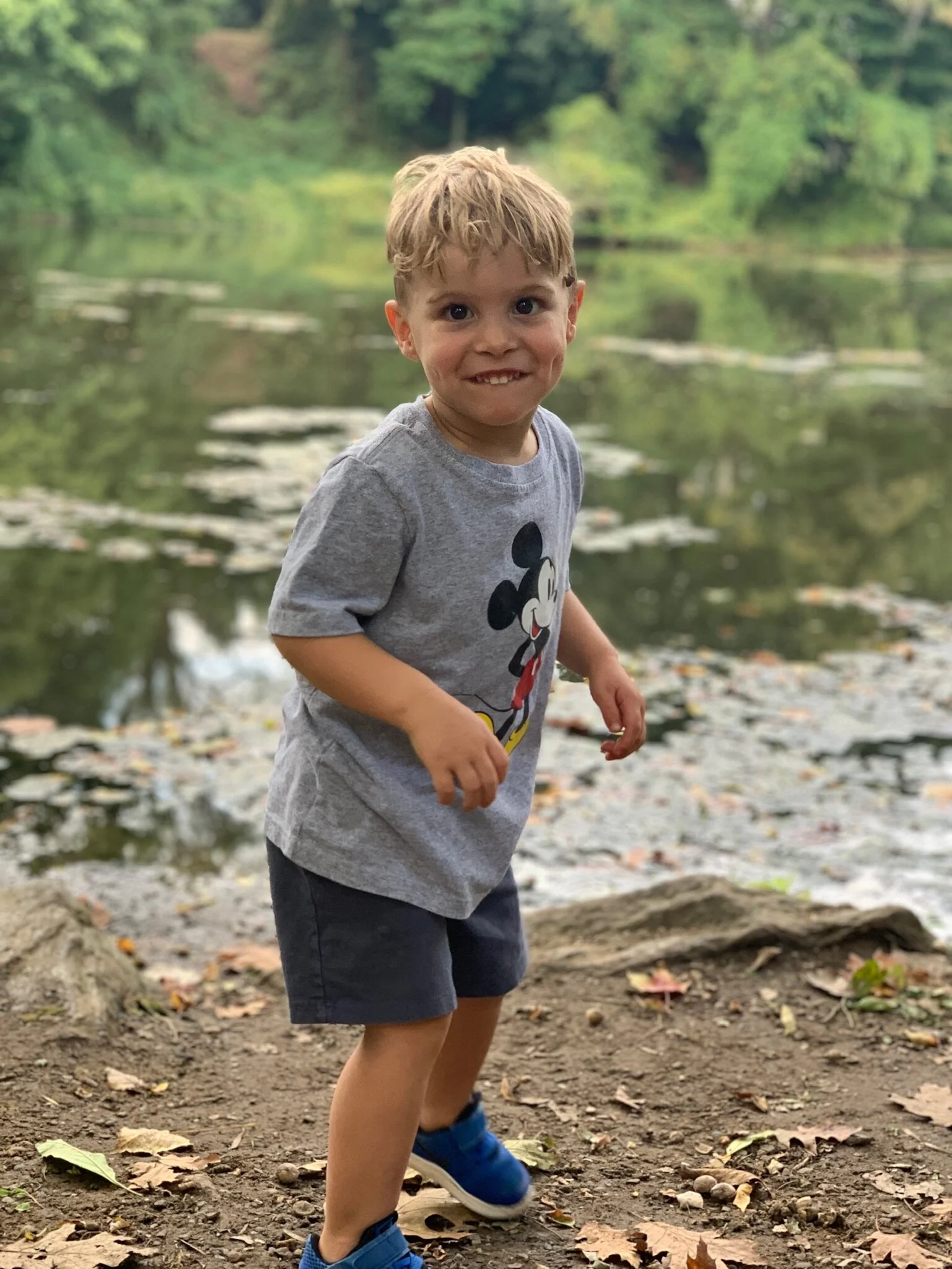Meet Leo
IN SEPTEMBER 2017…
Scott and Gracileia Morrison learned that their then-9-month-old son Leo had a rare genetic disorder called Bainbridge-Ropers Syndrome, a spectrum disorder so rare that it was only identified in 2012. So rare, in fact, that to date doctors believe fewer than 200 children in the world have been diagnosed.
“Devastated doesn’t even come close to describing our initial reaction - the fear, the hopelessness, the sadness, the inability to process the future. In an instant all the dreams you had for your child’s life - all the opportunity, all the hope - seem lost, but you’re still there, trying to understand how to possibly move forward." - Scott, Leo’s Dad
Initially diagnosed at 4 months with hypotonia, vision issues and early signs of developmental delay, Leo underwent an MRI and a number of evaluations at NewYork-Presbyterian/Columbia University Medical Center. After all tests came back without giving any indication of what Leo might be facing, the Morrisons had a meeting with geneticist Dr. Wendy Chung. She advised them to authorize a genetic screening, and less than three months later they received the fateful call. With this diagnosis, many of Leo's behaviors and characteristics began to make sense.
Like most children with BRS, Leo had been diagnosed with failure to thrive, had missed significant developmental milestones, and had vision problems. He exhibited a multitude of common BRS traits like hand flapping, head shaking, poor eye contact, fascination with water, difficulties keeping food down, mobility issues, and some early signs of autism. He is also nonverbal.
“If these past 10 months have taught us anything, it’s that you have to try and stay positive, you have to keep going. There’s no other choice. Leo deserves that from us - and he and every other child with a disease need us to do our part by becoming their advocates, and finding solutions." - Gracileia, Leo’s Mom
Also disheartening is the wide spectrum of symptoms children suffer with BRS. For example, some are in wheel chairs, some walk with help. Most have no speech, while some have minimal speech. We’ve lost two BRS children this year due to illnesses associated with the disease, and we’re only beginning to scratch the surface of what we might be up against.



